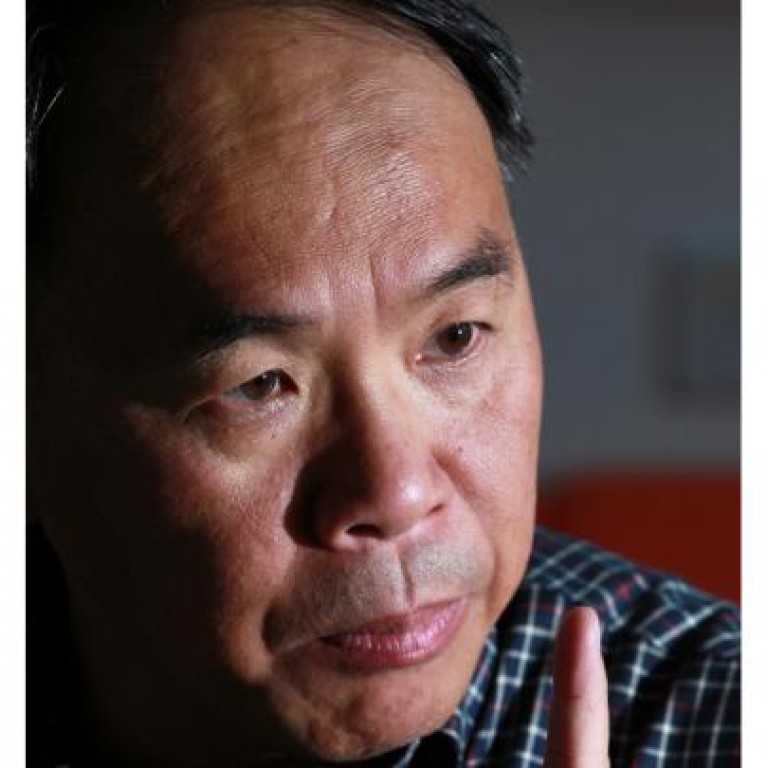
Census figures a warning Hong Kong must invest in its future workers
With the population ageing and the workforce shrinking, we need to invest in education now
The latest figures from the 2011 Census figures confirm the two most important population issues in Hong Kong, namely a shrinking working population and an ever increasing number of older adults.
In the past decade, 2001-2011, the proportion of men participating in the labour market has dropped from 71.9 per cent to 67 per cent, whereas over the same period among women, it has increased from 51.6 per cent to 53.4 per cent. However, the overall rate has dropped from 61.4 per cent to 59.7 per cent.
In view of the shift to an economic structure based mainly on services and financial industries, it seems women are more adaptive and can excel in these sectors. Men are still struggling, especially low-skilled ones.
The workforce participation rate is expected to keep going down if the present situation prevails. Less than half of our population will be working to support the rest. Furthermore, our workforce will not be young and vibrant, which is crucial for Hong Kong to remain competitive.
For any economically advanced society, ageing is not unusual. However, it is the speed and magnitude with which this process is occurring in Hong Kong that is dangerous.
Hong Kong has a fertility rate of about one, one of the lowest rates in the world, and this is complemented by one of the highest life expectancies (81 years for men and 86 for women).
If everyone was healthy and wealthy, that would be fine. However, we are not. The burdens of health care and social benefits will definitely outgrow our gross domestic product growth. Where will the money come from?
Our tax base is already very narrow and the current surplus is very fragile. I am not in favour of spending the surplus indiscriminately, but keeping all the money in the reserve for a rainy day is certainly not cost-effective either. Instead, we need to invest in education and training, especially for our young, to prepare for the worst.
Working longer hours to enhance productivity should be discouraged, as we already have some of the longest working hours in the world, and they are detrimental to mental and physical well-being. We are paying a high social price for our highly stressful and pressurised work environment.
It is time to provide appropriate training for our workforce, to avoid intergenerational poverty and enhance its performance. It is higher productivity, above all, that we need to aim for. If our workers can become smarter and more productive, we can maintain our economic output with a reduction in the size of the workforce.
We should aim at producing more value-added and/or high-end products. It is not a luxury but a necessity to create a family-friendly working environment, so women in the workforce can be released into the community and keep us competitive.
Our measures need to be more proactive, so the city can sustain its growth and its quality of life.

